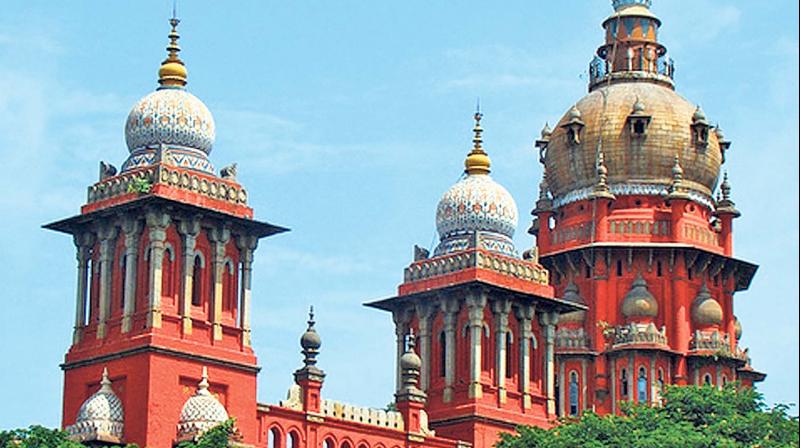Be courageous, IAS officials told

Chennai: The Madras high court said that IAS officials who are heading institutions and governmental organisations are bound to remind themselves that they are independent and their actions must be only in accordance with the Constitution of India. More importantly, they must be courageous in bringing down all evil consequences of corrupt activities prevailing in public organisations. Justice S.M. Subramaniam made these observations while dealing with a petition relating to allocation of works by the Madurai Corporation.
Observing that Chennai Corporation is one such organisation where corruption is rampant and prevailing in all stages and in all transactions except a few and there are no effective guidelines to control or minimise the corrupt activities in Chennai Corporation, the judge said the IAS officers are not concentrating much in this area. Contrarily, they are keen in passing on their tenure, so as to get rid from these evils. Even the honest officers are inactive in respect of initiating drastic measures to minimise the corrupt activities in Chennai Corporation. "This court wishes to remind those officers that they were also violating their pledge and oath taken at the time of joining the prestigious Indian Administrative Service. These IAS officers are not subordinates and they have got bounden duty towards the Constitution of India. The independency of the executives is also ensured under the Constitution. They are not functioning under the political higher-ups," the judge pointed out.
The judge said umpteen number of phenomenal judgments delivered by the courts across the country for number of years have highlighted the evil consequences of corruption. However, those judgments yielded no results in respect of minimising the corrupt activities. Those judgments were remaining in law magazines and records. However, the same did not yield any result to control the corrupt activities in governmental organisations. The legislatures also enacted various laws with a fond hope that they can control corruption. However, those laws were diluted and submerged by further corrupt activities by the prosecutors, investigation officials and by the citizen of this country. Citizens were greedy in achieving their goals through shot cut methods, the judge added.
The judge said it was unworthy to blame the public officials alone. It was certainly worthy to blame the common man also who offers bribe to such public officials. Thus, the contribution of the common man was not only for an increased corruption but also a cause for encouraging the corrupt activities. "The laws though permit to book the common man who gives a bribe, this court is of an opinion that there is absolutely no action taken on the part of the authorities competent to prosecute those common men who offer bribes to public officials. It is a combined action which is required for controlling the corrupt activities. We cannot always blame the public servants who receive bribes. Equally, the persons who offer bribe is also responsible and to be treated as criminal for the purpose of prosecution under the provisions of Anti-Corruption laws", the judge added.

